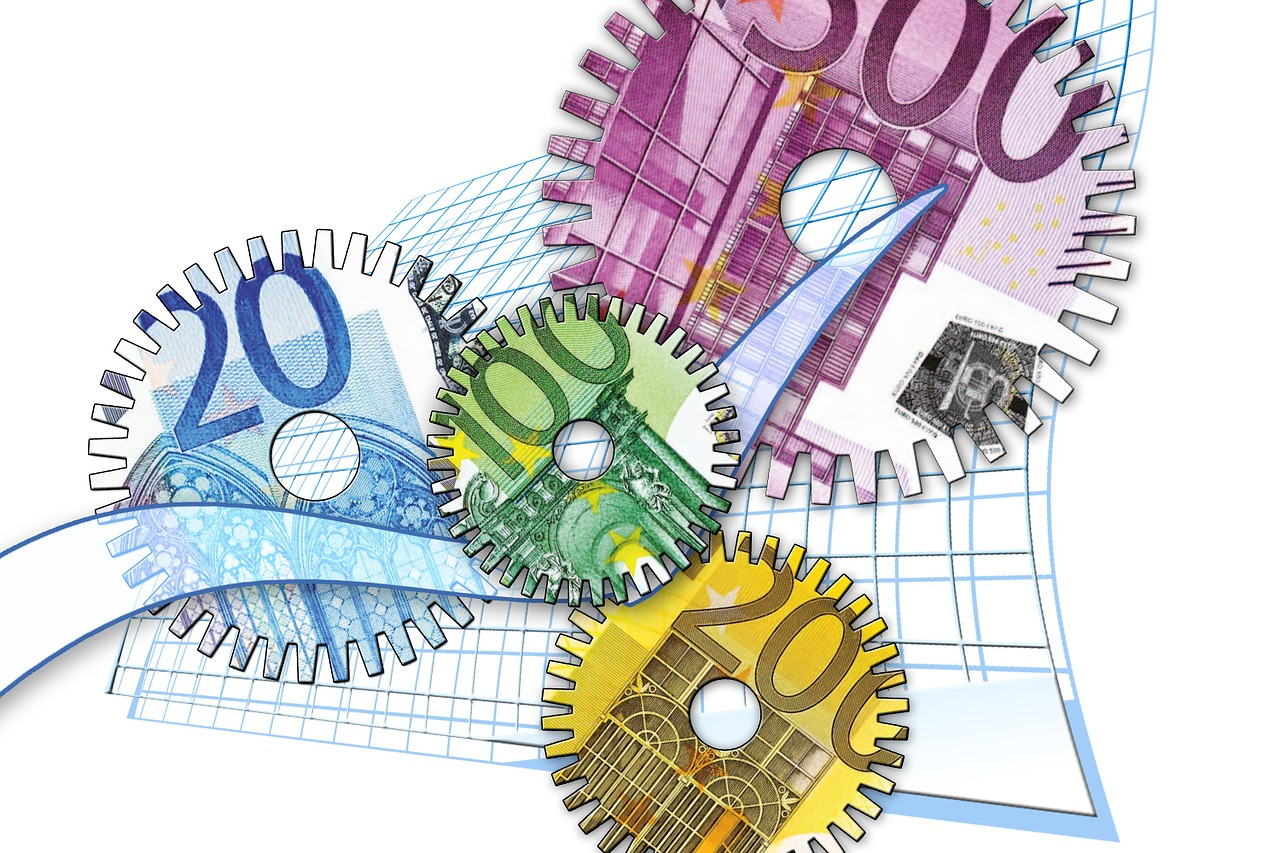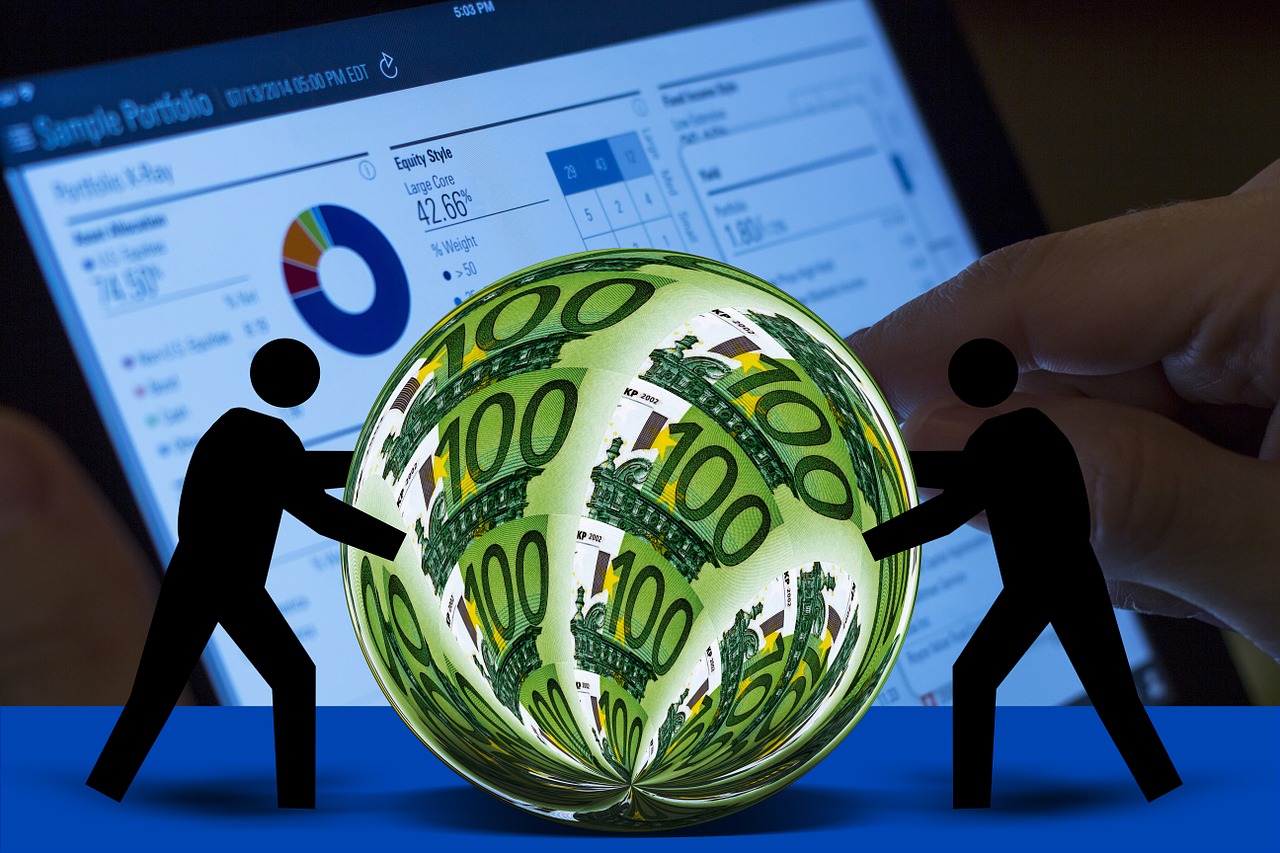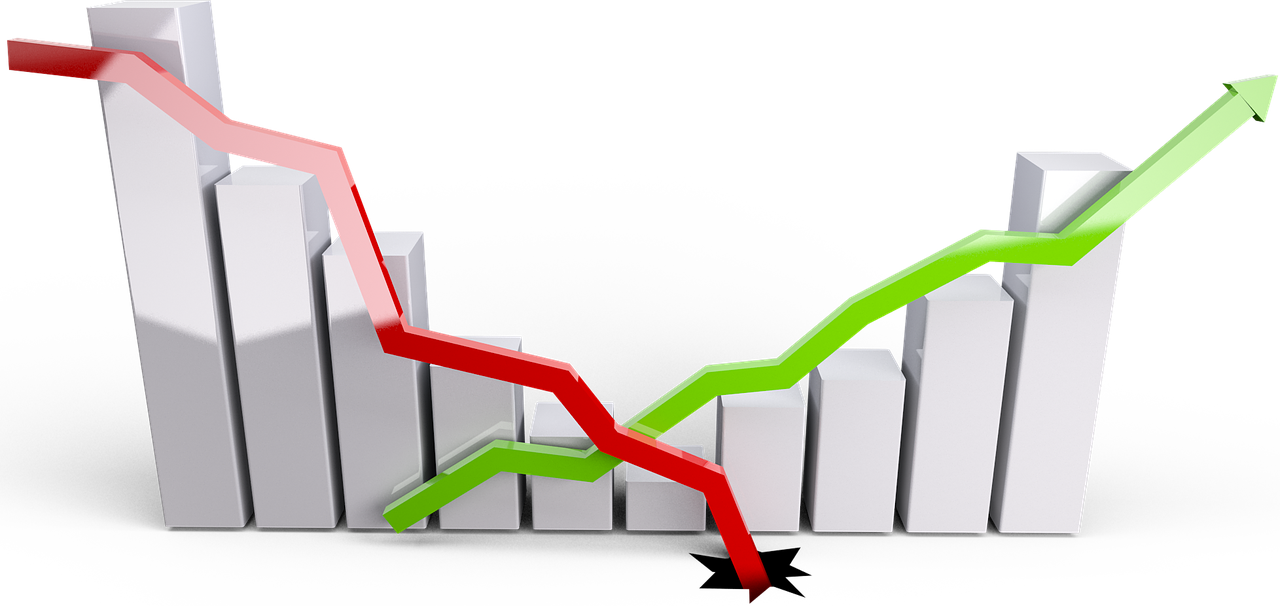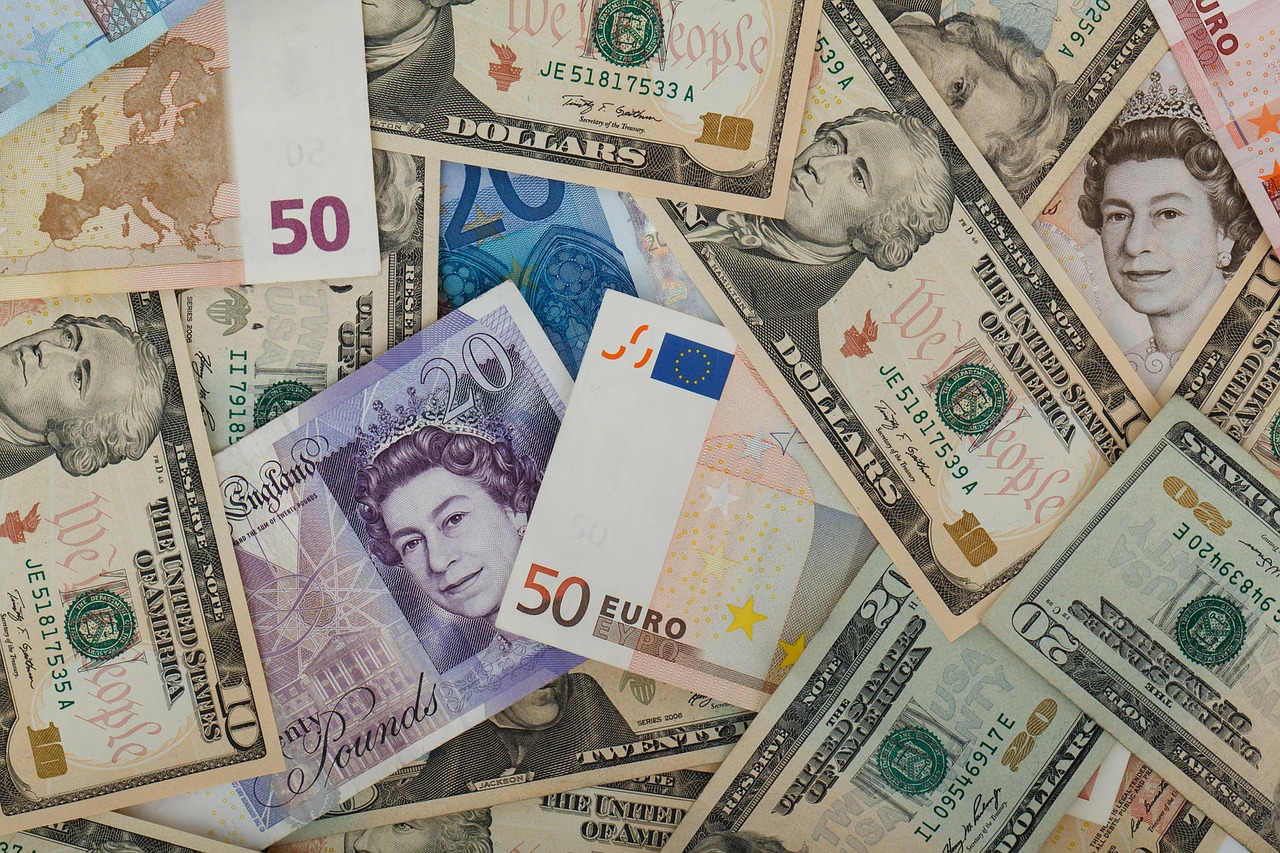European Shares Looking at Brexit Trade Talks for Direction

On Tuesday, there were not many changes in European shares, as the possibility of a Brexit trade deal looked grim amidst a last-ditch attempt for finding a solution, while increasing COVID-19 infections spurred talks of tougher restrictions that could result in more economic pain. The European STOXX 600 index had been trading flat, while the FTSE 100 in London, which had been outperforming its regional peers in the last few sessions declined by 0.1%. After the European Union and British leaders failed to narrow their differences on Monday, they have scheduled a meeting later this week for sealing a trade deal to manage the $1 trillion in annual trade before the end of the month when the transition period for Britain comes to an end.
The meeting’s timings have not been confirmed as yet, since investors are waiting to see if a decision is possible before the European Union Summit starts on Thursday. Officials of both parties appeared to be more and more skeptical about the possibility of making a deal, as there had been no progress in overnight talks. Analysts said that markets had once again begun to consider the possibility of a no-deal Brexit. They said that if some progress was made, then next week would remain in play for a trade deal being made.
The opportunities that were highlighted for the next movement were UK equities. The broader market experienced a decline as Britain started rolling out its coronavirus vaccine, which was developed by US-based Pfizer Inc. and German drug-maker BioNTech. It has become the first Western country to introduce the coronavirus vaccine for its population. Meanwhile, as cases continued to surge in Germany, Jens Spahn, the Health Minister said that the government may further tighten curbs for controlling the spread, which go beyond the partial lockdown that had been implemented in November.
According to a media report, a discussion over the measures will be held this week. There was a 0.1% fall in the German DAX. There was a 60% recovery made by the index since the lows it reached in March, with stimulus and vaccine hopes giving shares a lift, along with the nascent economic recovery. However, it is still 4% away from the highest level that it had reached back in February. The biggest decliners in Europe were gas and oil shares, with Royal Dutch Shell, BP and Total losing between 0.8% and 1.3% due to a fall in crude prices over worries about new lockdowns.
As far as individual stocks are concerned, the STOXX 600 saw its biggest boost come from Ashtead, the rental equipment provider, even though its quarterly profit had declined by 7%. This was because the company said that it was expecting the annual results to be better than expectations. The top of the index position was taken by Beijer Ref AB, the Swedish wholesaler, which gained 7%. This was after a stake in the company was purchased by EQT, the private equity group, for a value of around $1.1 billion.




















